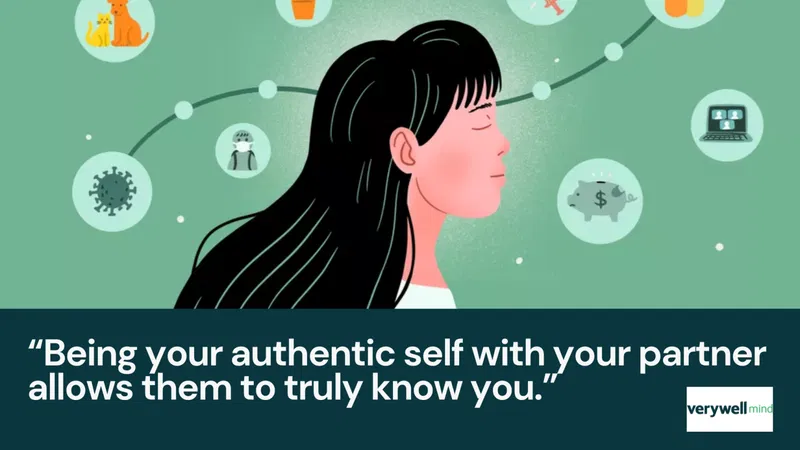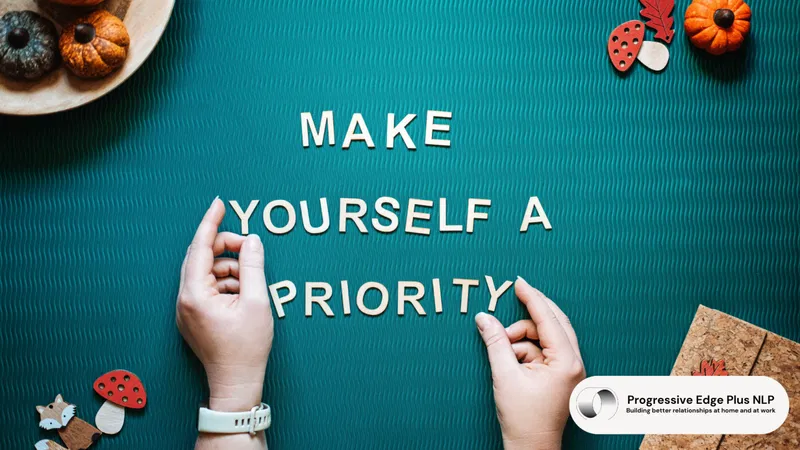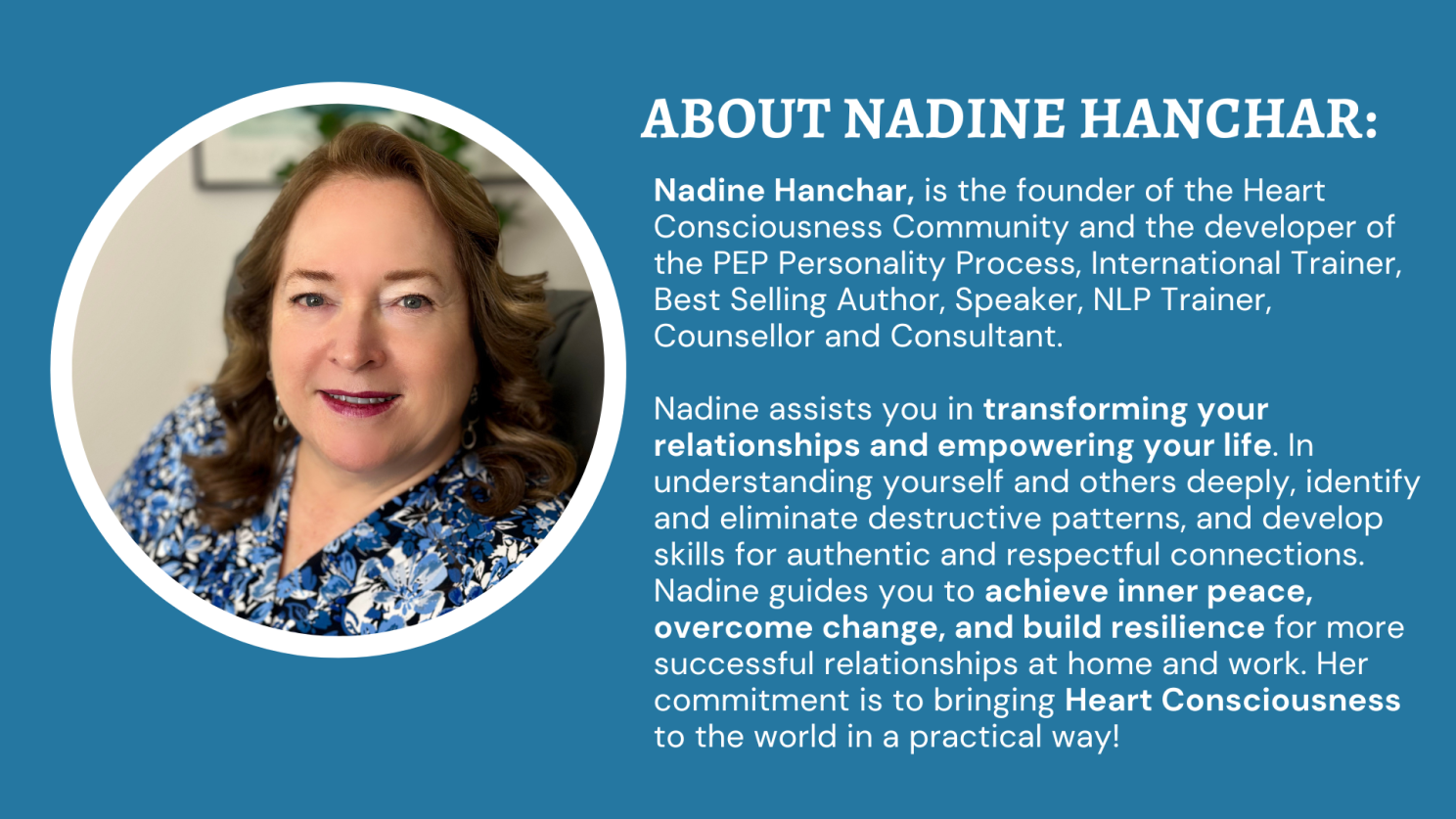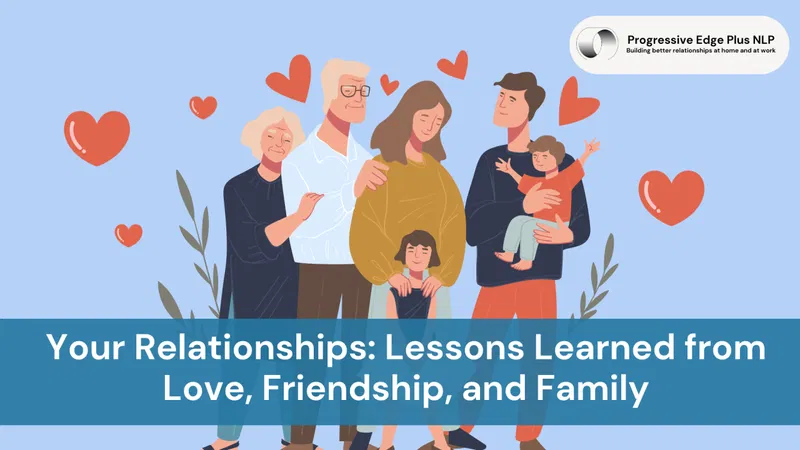Relationships, whether they’re romantic partnerships, platonic friendships, or familial bonds, are integral to living a healthy, fulfilling life. As highlighted by the University of Central Florida (UCF), “Positive relationships improve your immune, endocrine, and cardiovascular functions, leading to less wear and tear on the body.”
Beyond physical health, the mental benefits of strong, positive relationships are profound. Per UCF, “Positive relationships decrease the impact of stress, increase your sense of purpose, and provide inspiration for better personal control.” On the flip side, negative relationships can harm both physical and mental well-being. Nicole Phillips, MD, a columnist and internal medicine doctor at IU Health Physicians Primary Care, explains, “Unstable relationships with family members and close friends can contribute to depression,” as well as enable destructive behaviors such as substance abuse.
The key takeaway from these two parallels is that the people you let into your life wield significant influence over it. This prompts an essential question: What lessons can you learn from the positive and negative relationships in your life? Let’s explore.
Honesty Is the Foundation of Any Successful Relationship
Honesty and communication are the cornerstones of every successful relationship. Without them, trust cannot flourish, and without trust, it’s nearly impossible to meet your needs—or to meet the needs of others.
While it may seem simple to say, “honesty is better than lying,” the practice of being honest in relationships is deeply connected to personal growth. Honesty requires you to evaluate what feels right in your interactions and to voice what you wish you could change. Successful relationships—whether familial, romantic, or platonic—respect your desire for growth and are willing to adapt, even if it takes time. This exchange fosters trust, mutual respect, and emotional security.
As Verywell Mind emphasizes:

Honesty enables this authenticity, building connections that are both meaningful and enduring.
Boundaries Safeguard Your Mental Health
More than ever, people are recognizing the critical role boundaries play in maintaining healthy relationships. A 2023 a YouGov survey revealed that 54% of respondents believe setting and enforcing boundaries with a romantic partner is “very important.”
In romantic relationships, boundaries might look like:
- Asking for space when you need it.
- Respecting work hours, especially if you work from home.
- Having open, honest conversations to resolve conflict rather than holding onto grudges.
Setting boundaries accomplishes two key things:
- It demonstrates that your partner hears you and respects your needs.
- It establishes a clear line that isn’t to be crossed, reinforcing mutual trust.
But boundaries aren’t exclusive to romantic relationships. In friendships, setting a boundary might mean declining phone calls after a certain hour to unwind. With family, it could involve requesting that your relatives refrain from posting pictures of your child on social media.
The process doesn’t stop at setting boundaries—you also need to enforce them. While this might feel awkward initially, it’s essential for protecting your mental health. Communicate your boundaries clearly to avoid misunderstandings. If someone crosses the line, establish consequences and follow through to reinforce your stance.
By setting and upholding boundaries, you’ll quickly learn which relationships respect your limits and are worth investing in.
Prioritize Yourself to Be a Better Support System
Life often calls on us to support others. Whether it’s helping a friend navigate grief, assisting a family member during an illness, or standing by your partner through stress, relationships demand emotional energy.
To provide genuine support, you must first prioritize your own well-being. Taking care of yourself isn’t selfish—it’s essential. Self-care practices like therapy, exercise, or alone time allow you to recharge and maintain your emotional health.
By meeting your own needs, you’ll have the resilience and energy to support others without feeling depleted or resentful. Neglecting self-care, on the other hand, can lead to burnout, making it harder to show up for the people who depend on you.

You Are Not Responsible for Someone Else’s Behavior
One of the hardest lessons to learn is that you can’t change someone else. Whether it’s a toxic friendship, a strained family relationship, or a romantic partnership, you can’t force someone to address their harmful behaviors unless they’re willing.
Common signs of toxic behavior include:
- Dishonesty
- Gaslighting
- Lack of empathy
- Frequent angry outbursts
- Controlling tendencies
- Disrespect for boundaries
- Manipulation
- Gossiping
Even avoiding difficult conversations can signal toxicity, as genuine relationships rely on open, honest communication. If someone consistently avoids conflict, it’s unlikely that your relationship will grow.
Instead of exhausting yourself trying to change someone, focus on accepting them as they are or distancing yourself to protect your mental health. If you choose to keep them in your life, maintain firm boundaries and let go of the expectation that they will change.
Relationships Thrive on Compromise
The final—and perhaps most universal—lesson is that relationships require compromise. As Marriage.com explains, “Compromise is important in a relationship because it helps you understand your partner better. It helps fulfill each other’s needs and demands.”
Compromise isn’t just for romantic partnerships. It applies to friendships, family connections, and professional relationships, too. Whether you’re deciding where to eat or negotiating a more serious issue, compromise fosters communication, reduces conflict, and strengthens bonds.
That said, it’s important to know your limits. While compromising on minor preferences is healthy, sacrificing core values or long-term goals can lead to resentment and unhappiness.
Final Thoughts: Building Relationships That Last
Relationships are one of life’s greatest teachers. They challenge us to grow, test our boundaries, and remind us of the importance of trust, respect, and compromise. By embracing the lessons learned from love, friendship, and family, you can cultivate healthier, more fulfilling connections—and, ultimately, a more meaningful life.



Thank you, for the encouragement.
Your article helped me a lot, is there any more related content? Thanks!
Yes, and I have a youtube channel with relationship tips, Called, Love & Learn Relationship Wisdom, another article you may like is – The Foundation of Love: How Self-Trust Shapes Romantic Relationships